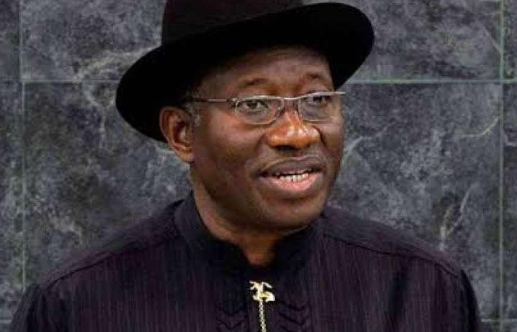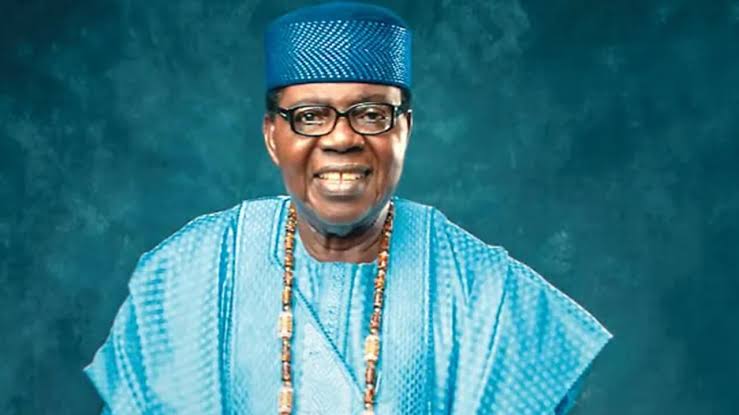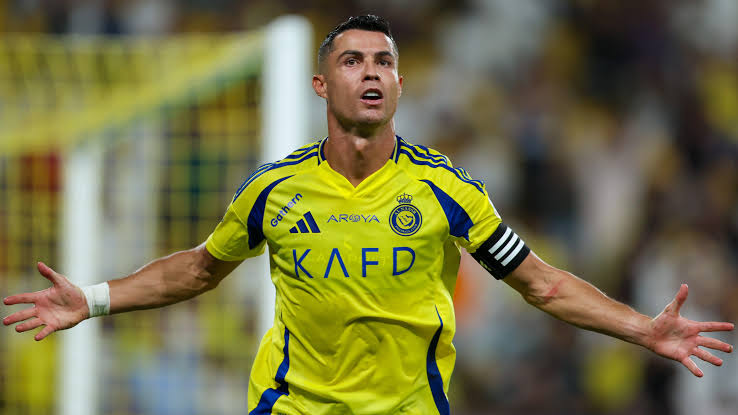
With Heavy Heart, Jonathan Admits: 'I Regret Not Ending Nigerians’ Suffering'

In a deeply emotional and candid moment that drew both applause and solemn reflection, former President Goodluck Jonathan admitted on Sunday night that he carries a profound regret — his inability to end the suffering of Nigerians during his tenure. Speaking at a reception held in his honour in Abuja, Jonathan didn’t mince words as he expressed sorrow over the persistent challenges that plague the nation, despite his best intentions and efforts during his time in office.
The former president, who was recently awarded the prestigious Sunhak Peace Prize, was the guest of honour at the gathering organised by Professor Robert Azibaola and a circle of close associates. The event, marked by heartfelt tributes, music, and glowing testimonies, was described as “a night to honour a man who has made Nigeria proud.” Yet, Jonathan’s own address steered the evening into a moment of sober introspection, pulling the curtains back on the personal burden of leadership and the painful reality of unfulfilled dreams for a better Nigeria.
“I always feel sad when I see people suffering,” Jonathan shared with a visible air of vulnerability, his voice measured yet heavy with emotion. “I also went through suffering as a child because of my humble background. If I had the means, I would have made sure no Nigerian suffers. But it’s not that easy. It’s not possible—even for a president.”
These words echoed across the hall, stirring a wave of thoughtful silence among the political figures, former aides, allies, and well-wishers in attendance. Many nodded in agreement, others looked down solemnly, understanding perhaps for the first time just how deeply Jonathan still carries the weight of a nation’s pain in his heart.
Jonathan, who served as Nigeria’s president from 2010 to 2015, is widely remembered for his peaceful concession of defeat in the 2015 elections — an act that strengthened democratic values in the country and earned him global recognition. Yet, beyond the accolades and applause, he revealed that the plight of ordinary Nigerians continues to haunt him.
“I never wanted to become a national politician,” he admitted during his address. “I only wanted to serve in Bayelsa. But when the call came, I had to answer it.” That reluctant ascent to power, he explained, came with enormous responsibility and even greater challenges, many of which remain unresolved to this day.
Though his tenure was often marked by economic challenges, security concerns, and political opposition, Jonathan has remained a central figure in conversations around leadership, peacebuilding, and democracy in Africa. His post-presidency years have been filled with international engagements, conflict mediation, and goodwill missions across the continent. Still, he confessed that these activities, while noble, do not erase the internal ache he feels when confronted with the daily realities faced by millions of his fellow citizens.
His recent recognition by the Sunhak Peace Prize Committee — a global body honouring figures who promote peace and human development — seemed to serve as both a validation and a reminder. “This award is humbling,” Jonathan said, acknowledging Dr. Hak Ja Han Moon, the co-founder of the prize. “It challenges me to do more, to continue on this path of peace, even if I am no longer in public office.”
His remarks drew a standing ovation, not just for their honesty but for their rare insight into the mind of a leader who has remained largely dignified and reserved in public life since leaving office. It was not a speech filled with statistics or lofty declarations; it was a sincere expression from a man who has walked the corridors of power and come out with scars, regrets, and unshakable memories.
As Jonathan reflected on his difficult childhood, growing up in the creeks of the Niger Delta, his story connected with many Nigerians who still navigate a life of poverty, limited opportunities, and insecurity. He reminded the audience that his empathy is not a political performance but a product of lived experience. “I know what it means to go to bed hungry,” he said. “That is why it pains me when I see others go through it today.”
The reception was as much a celebration as it was a reflection — a moment to acknowledge not only what Jonathan achieved, but also what he wished he could have done. It is rare in Nigerian politics to hear a former leader speak so plainly, so personally, and so vulnerably about his limitations.
As guests trickled out of the venue, many were still caught in the power of his words. Some whispered among themselves about the sincerity of his speech; others remained quiet, their faces betraying thoughts too deep for casual conversation. But the prevailing sentiment was clear: in an era where many leaders shift blame or glorify their records, Goodluck Jonathan chose to admit his humanity — and in doing so, reminded Nigerians that behind every office is a person, and behind every presidency, a story of hopes, flaws, and regrets.
Whether history will judge him kindly or not, one thing is certain: on a night set aside to honour him, Jonathan turned the spotlight back on the people — the very citizens he once led, and still longs to see live better lives. And with quiet strength, he left the hall with a message that will linger in the hearts of many: leadership is not just about power, it’s about the people — and sometimes, even presidents wish they could have done more.


